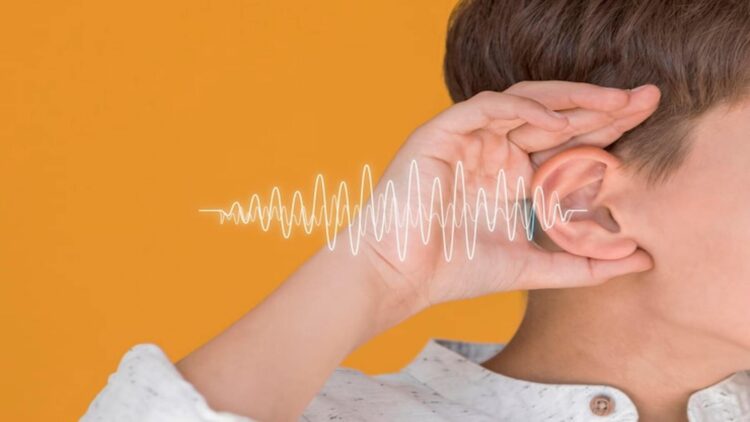A recent study from the University of Washington has shown something very interesting. Researchers have found out that people with lower IQ might have more issues to understand a conversation when there’s noise around. This work, published in the magazine PLOS One, focused on how the brain processes what it hears, especially in situations that demand hearing in noisy environments.
How the research was done
The researchers, specialized in auditory neuroscience, worked with 3 types of participants:
- 12 people with Autism,
- 10 individuals with fetal alcohol syndrome,
- 27 neurotypical people with similar ages to the other groups.
All of the participants had “normal” audition according to the standard tests, which means that, in theory, their ears were functioning just fine.
The University of Washington scientists used a computer program that reproduced a main conversation, while there were other voices speaking at the same time. This is what science refers to as a “cocktail party problem”: something similar to trying to understand your friend in a party full of people talking at the same time. The participants had to catch the specific details of the principal voice.
When they analyzed the results, they saw a clear pattern: the lower the IQ of that person was, the more difficult the task was. But the relation didn’t only depend on the diagnosis. Bonnie Lau, investigator in the auditory neuroscience, explained that “The relationship between cognitive ability and speech-perception performance transcended diagnostic categories.” And she added: “That finding was consistent across all three groups.”
Why does listening cn be so tiring for the brain?
An interesting fact for the study is that all of the people participating had a fiscally normal audition, which suggests that the problem in hearing in noisy places is not really just in the ear, but in the type of cognitive functions that we use to understand what’s happening.
When you’re in a coffee shop that’s full of people, for example, or a noisy classroom, or a street with a lot of traffic, your brain has to:
- Separate different sound sources,
- Decide which voice is important,
- Concentrate on that voice and “silence” the other ones,
- Keep up with the conversation,
- Interpret gestures and expressions,
- And respond in an adequate way.
All of this increases the cognitive load. For Bonnie Lau, “All these factors increase the cognitive load of communicating when it is noisy.” It’s not just listening; it’s an actual mental effort to organize, filter and answer.
That’s why hearing when it’s not silent, it can be difficult for people who have difficulties doing so much information at the same time.
Applying the study to real life
The researchers believe that although the number of participants was small, the results are already giving great clues. One of the most important being: it’s not always a problem with the ear, and it might be affecting more people than we thought especially in their daily life, for example:
- A student who doesn’t understand what the teacher is saying because there’s too much noise in the classroom.
- Someone who gets lost in some parts of the conversation on a crowded restaurant or coff0ee shop.
- An older person who doesn’t catch very well indications on a busy street.
Researchers point out that some very easy adjustments can be done, like sitting some students closer to the teacher, or reduce background noise when it’s possible. Previous research have been related these hearing problems in noisy situations with other health issues, like dementia.
Bonnie Lau puts it this way: “You don’t have to have a hearing loss to have a hard time listening in a restaurant or any other challenging real-world situation.”
